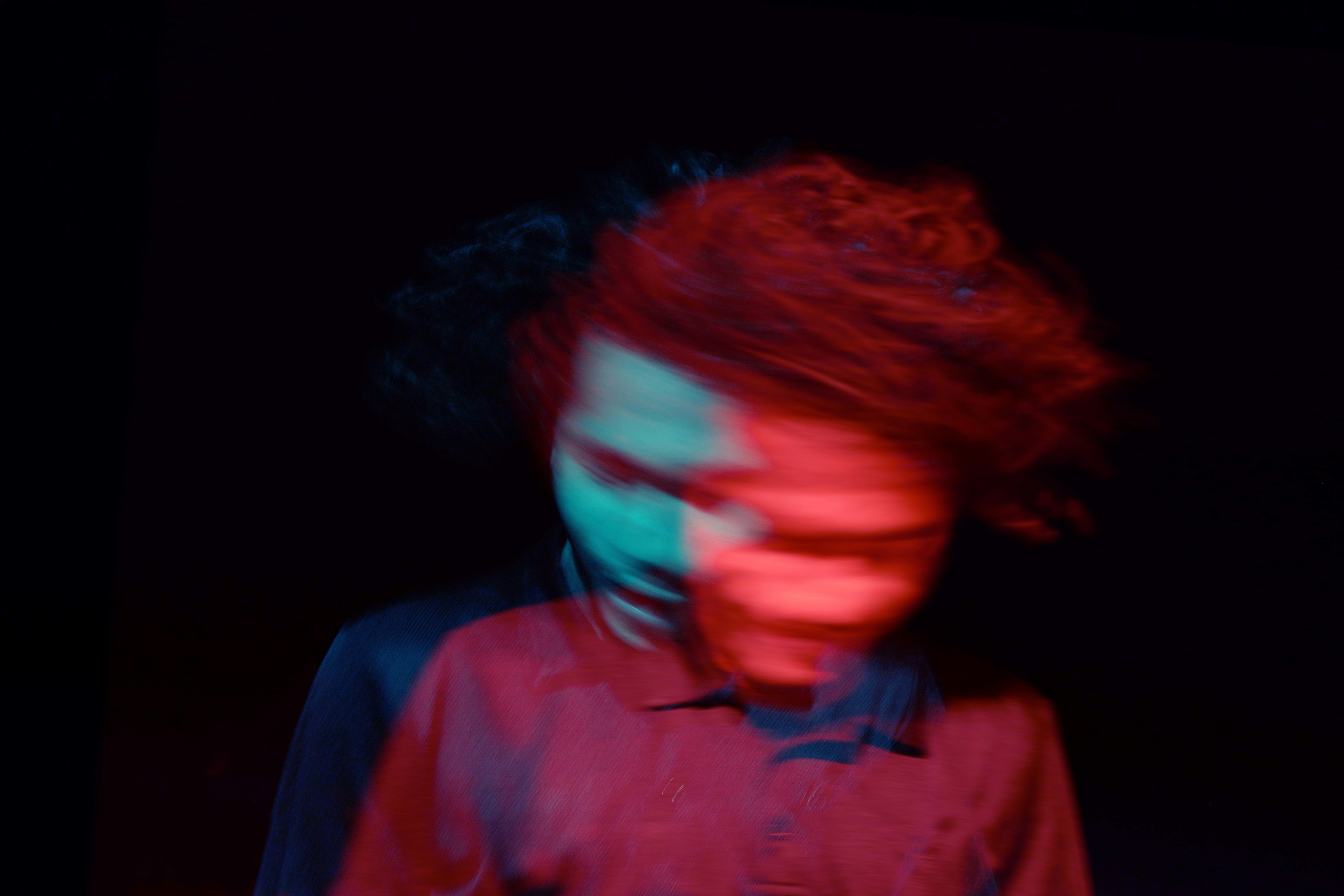The article discusses “hippie flipping,” the practice of mixing MDMA and psilocybin mushrooms, and warns of the significant risks involved, including increased anxiety, physical health problems, and potential long-term psychological effects. It highlights the unpredictable interactions between the two substances and emphasizes the importance of seeking help if someone experiences negative consequences. Ultimately, the article advises prioritizing safety and well-being over the perceived benefits of combining these drugs.
What is a hippie flip? Recently, the trend of combining different psychoactive substances has gained popularity, particularly among concert-goers and festival enthusiasts. One such combination that has emerged is known as “hippie flipping,” which involves taking MDMA (often referred to as ecstasy or Molly) alongside psilocybin mushrooms. While some may seek out this mushroom MDMA combo for an enhanced experience, it is crucial to understand the significant risks associated with psychedelic combinations. Read on to learn more about the effects of Molly and mushrooms, and the dangers and potential long-term effects of mixing mushrooms & MDMA.
Understanding Hippie Flipping
Hippie flipping refers to the practice of consuming psilocybin and MDMA simultaneously or in close succession. Psilocybin is the active compound in “magic mushrooms.” Users often report that the combination can lead to heightened feelings of
- Euphoria
- Emotional openness
- Visual distortions
However, these perceived benefits come at a cost. The effects of the hippie flipping experience can vary significantly from person to person, and many users may find themselves unprepared for the intensity of the combination.
Understanding the Neurochemistry of MDMA and Psilocybin
To better grasp the risks associated with hippie flipping, it is essential to understand the neurochemistry of MDMA and psilocybin. MDMA primarily increases the release of serotonin, dopamine, and norepinephrine in the brain, leading to its characteristic effects, such as increased sociability, empathy, and energy. On the other hand, psilocybin is converted into psilocin in the body, which primarily affects serotonin receptors, leading to alterations in perception and mood.
When these two substances are combined, the interaction can lead to unpredictable effects. Users may experience heightened anxiety, confusion, or even panic attacks, especially if they are not accustomed to the intensity of both substances. Additionally, hippie flipping can strain the body’s serotonin system, leading to potential serotonin syndrome, a life-threatening condition characterized by excessive serotonin levels.
Risks of Mixing Shrooms and Ecstasy
While some users may be drawn to the idea of the psychedelic experience for its perceived benefits, it is essential to acknowledge the significant risks involved. There are risks and benefits of psychedelic combinations, but the cons far outweigh the pros. Here are several dangers associated with hippie or drug flipping:
- Increased anxiety and paranoia: The stimulating effects of MDMA can exacerbate anxiety, especially when combined with the disorienting effects of psilocybin. Users may find themselves in a heightened state of panic, leading to a negative experience.
- Physical health risks: Hippie flipping can lead to increased heart rate, elevated blood pressure, and overheating, particularly in concert environments where physical exertion is common. These physical effects can be dangerous, especially for individuals with pre-existing health conditions.
- Bad trip stories from hippie flipping: Many who have engaged in hippie flipping have reported challenging experiences, often referred to as “bad trips.” These can include feelings of dread, confusion, and overwhelming emotions. Such experiences can be traumatic and may lead to long-term psychological effects.
- Legal status of MDMA and mushrooms: Both MDMA and psilocybin are classified as illegal substances in many regions, which poses additional risks for users. Legal consequences can further complicate recovery efforts for individuals who may be struggling with substance use.
- Long-term effects of mixing mushrooms and MDMA: Research on the long-term effects of combining these substances is limited, but potential risks may include persistent changes in mood, cognitive function, and overall mental health. Users may find themselves more susceptible to developing substance use disorders or other mental health issues.
Seeking Support After a Challenging Hippie Flip
If you or someone you know has engaged in hippie flipping and experienced negative effects, seeking support is crucial. Many individuals may not realize the severity of their experience until after the fact, leading to feelings of isolation or shame. It’s important to remember that help is available.
Therapeutic Support
Engaging with a therapist who specializes in substance use and recovery can provide valuable insights into the emotional and psychological impacts of drug use. They can help individuals process their experiences and develop coping strategies.
Support Groups
Joining a support group can connect individuals with others who have faced similar challenges. Sharing experiences can foster understanding and reduce feelings of isolation.
Education
Learning about the effects of MDMA and psilocybin, as well as the risks of hippie flipping, can empower individuals to make informed decisions in the future. Knowledge is a powerful tool in recovery.
Encouraging Responsible Choices
While the allure of hippie flipping may be tempting for some, it is essential to prioritize safety and wellbeing. The risks associated with mixing MDMA and psilocybin far outweigh the potential benefits. Understanding the neurochemistry of MDMA and psilocybin can help concert-goers and others recognize the complexities of their effects and the dangers of combining them.
If you or someone you know is struggling with substance use or has experienced a challenging hippie flip, Mountainside can help. We offer comprehensive and individualized programs for all phases of your recovery. Speak with an admissions specialist today!
If you or a loved one is struggling with addiction, Mountainside can help.
Click here or call (888) 833-4676 to speak with one of our addiction treatment experts.

 By
By 







